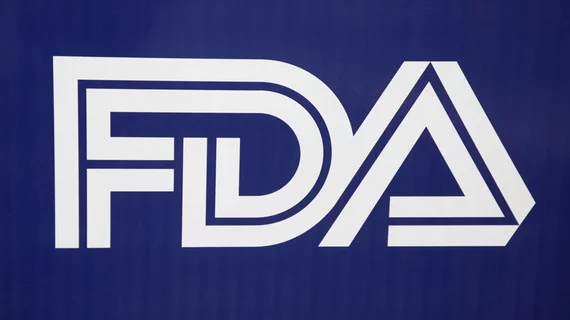FDA posts final guidance on 'least burdensome’ approach for medical device regulation
The FDA posted a final guidance on the least burdensome approach to medical device regulation for FDA staff and the medical device industry entitled “The Least Burdensome Provisions: Concept and Principles."
This final guidance aims to remove or reduce unnecessary obstacles delaying the marketing of new medical devices while also ensuring patients have timely access to new products.
“Applying the least burdensome approach means gathering the minimum amount of information necessary to adequately address a relevant regulatory question or issue through the most efficient manner at the right time,” according to the agency.
The FDA noted the approach will not change current regulatory standards, such as the device approval or clearance standards, nor the applicable requirements, including premarket submission content requirements or the requirement for valid scientific evidence.
“The principles are based on sound science, the intent of the law, the use of alternative approaches and the efficient use of resources to effectively address regulatory issues,” the agency noted. “The guidance includes both premarket and postmarket examples to demonstrate approaches that the FDA and industry can take to ensure that least burdensome principles are implemented for all device-related applications and interactions with the FDA.”
Least burdensome principles should be applied to all activities in premarket and postmarket settings, according to the FDA. The guidance supports implementation of the updated least burdensome provisions in the 21st Century Cures Act.
The FDA will hold a webinar on March 14 to discuss the final guidance and answer questions.

